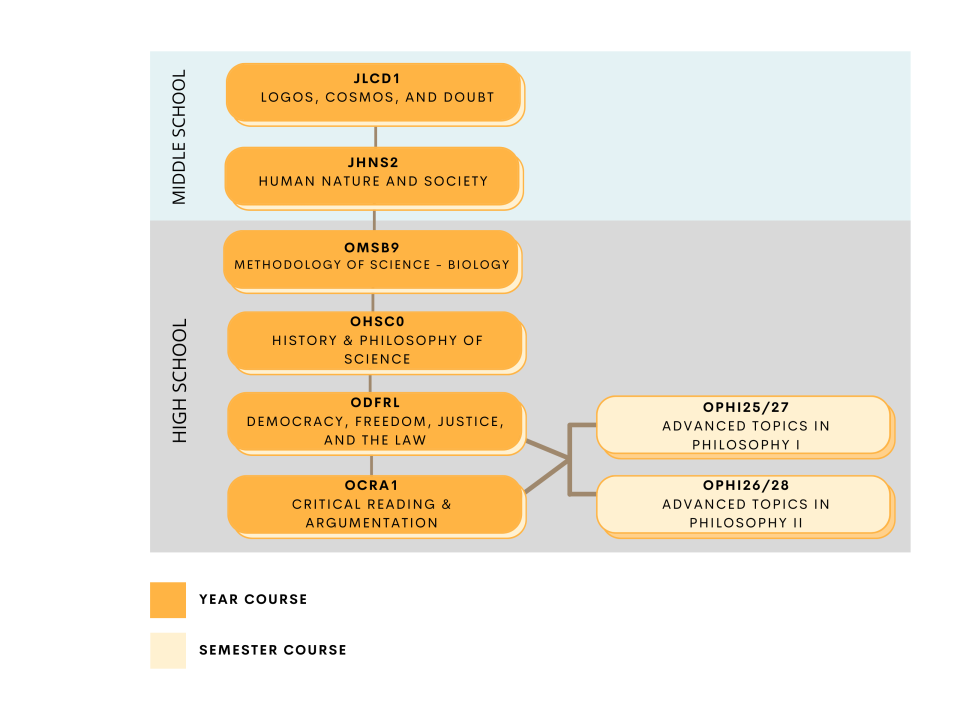Topic for Spring 2025: Philosophy, Fiction, Mystery. Philosophers think about literature in at least two ways: the first way, usually called “philosophy of literature,” asks questions about what literature is and how it works (how genres work, how fiction works, and so on), and the second way, usually called “philosophy and literature,” asks philosophically-informed questions about particular literary texts. This class will combine these two approaches. Each unit will focus on a major question in the philosophy of literature such as: What is literature, and how does it differ from other kinds of writing? How do metaphors work? Can we have real emotions about fictional situations and characters? What do we mean when we say that a fictional story teaches us something true? At the end of each unit, we will move to philosophy and literature by reading a mystery novel related to the unit’s key question. Key themes for this strand of the course include ethical decision-making, vengeance, justice, desert, and personal identity. Driving questions include: What sorts of moral emotions do mystery novels encourage, and how should we evaluate these emotions? Are depictions of unethical behavior in the mystery novel morally problematic, or do they serve a useful moral function? What accounts of gender behaviors and relationships do mystery novels offer, and what are the ethical implications of those accounts? What is the relationship between genre conventions and ethical commitments, and is that relationship different for mystery novels than it is for other kinds of fiction? Readings will be drawn from classic and contemporary sources.
Course Number
OPHI26
Level
High School
Semester
Spring
Credit per Semester
2.50
Subject
Prerequisites
Completion of or enrollment in Democracy, Freedom, and the Rule of Law (ODFRL), or consent of instructor
